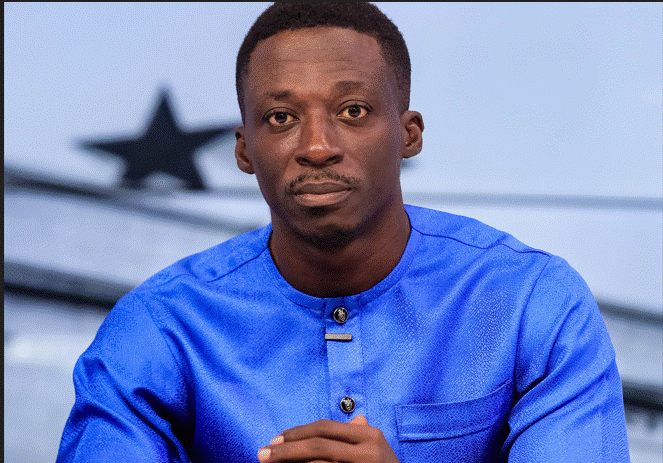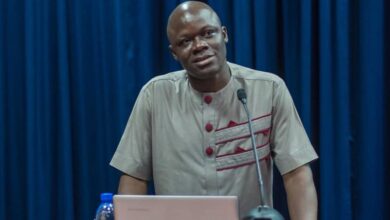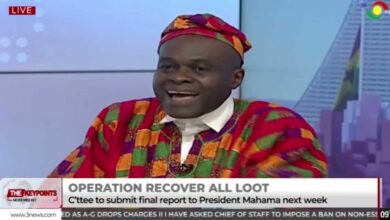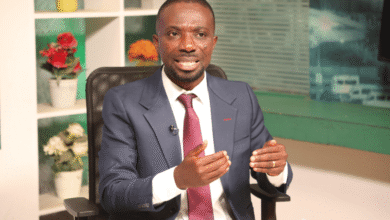Justice and fairness are the soul of the constitution – Brako-Powers

Private legal practitioner Austin Kwabena Brako-Powers has underscored the need to interpret Ghana’s 1992 Constitution as a unified whole anchored on justice, fairness, probity, and accountability.
He cautioned against reading constitutional provisions in isolation or in ways that insulate state institutions from scrutiny.
Brako-Powers argued that once the Article 146 committee investigating a Chief Justice or superior court judge concludes its work and submits its report to the President, the process comes to a natural end and the public has a right to know what transpired.
“The myth of incumbency is broken the minute the report reaches the President,” he said on TV’s Keypoints monitored by MyNewsGh, rejecting claims that any subsequent court process interferes with the committee’s work.
He insisted that while the Constitution does not provide for an appeal against the committee’s recommendation, there is still room to question how the committee carried out its work if constitutional principles were breached.
“You cannot claim to uphold the Constitution while ignoring its key pillars of justice, fairness, probity, and accountability,” he said.
“Any interpretation that disregards these principles is dangerous and must be resisted by every well-meaning Ghanaian.”
Brako-Powers maintained that judicial review exists precisely to safeguard fairness and procedural integrity, noting that any citizen, including a removed Chief Justice, has the right to invoke it where legitimate grounds exist.
“She has every right to question the process if she believes it failed the constitutional test,” he said.
He concluded that Ghana’s democracy depends not on silence but on the courage to challenge questionable processes.
“The Constitution is not a cage, it’s a compass,” Brako-Powers remarked. “If its principles are ignored, justice itself becomes a casualty.”





